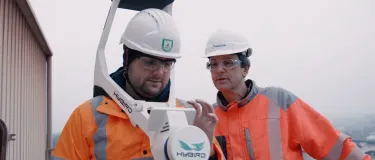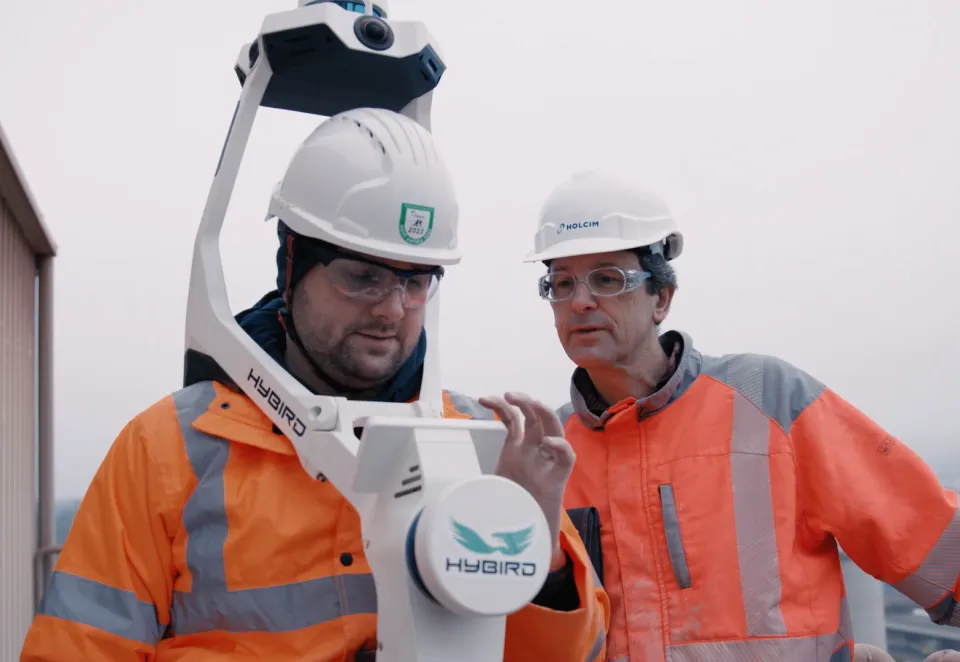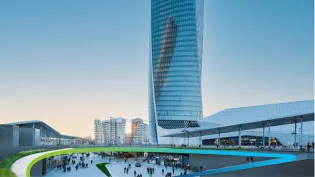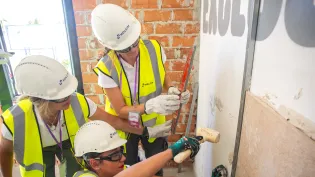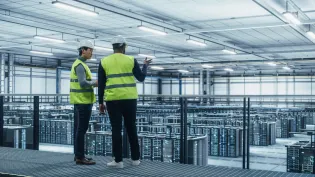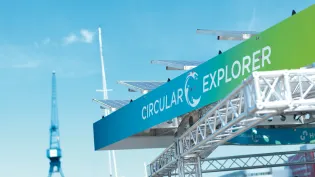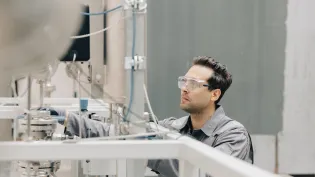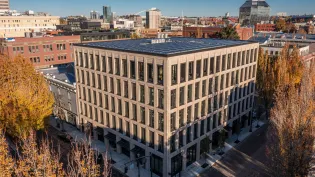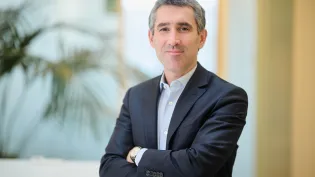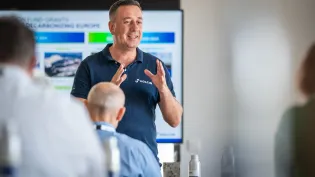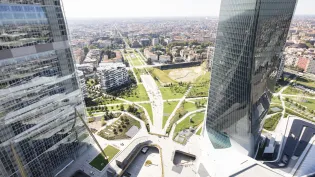Driving decarbonization with our Plants of Tomorrow
“Going inside a kiln is always a potentially dangerous thing to do,” says Theotim Paul, Processes Manager at Holcim’s St Pierre La Cour plant in France, “So the fact that we can now use drones to make unmanned survey and inspections is a big step forward.”
Since their introduction in 2018, advanced drones have transformed inspection and safety practices in Holcim’s plants. Reshaping the way we approach high-risk exposure jobs, they have removed the need for inspections by personnel and increased efficiency and precision.
This and many other projects are part of our Plants of Tomorrow program to modernize our plants. Using digital solutions – from advanced drones to smart control systems and generative AI – Holcim is creating connected, smart and energy-efficient sites that advance our decarbonization journey.
As of today Plants of Tomorrow has 4,500 users worldwide, with over 2,100 completed deployments that have achieved more than CHF 80 million in annualized savings.
Scanning plants in 3D using advanced drones
We received a drone early in 2022 and were initially uncertain. However, its impact became apparent as we witnessed the creation of 3D models before our eyes, and we recognized its potential. One notable application was the comprehensive scan of our plant for a carbon capture project, enabling precise placement of new components in tight spaces.
Equipped with advanced features including Light Detection and Ranging (LiDAR) sensors, drones facilitate thorough and accurate inspections in otherwise inaccessible areas at our plants. By making inspections easier and reducing data collection time, these drones provide real-time insights that enhance productivity and extend the lifespan of our assets. Additionally, drones save costs by reducing downtime and eliminating the need for costly scaffolding.
Marjan Milosevic, Head of Smart Operations Department, which leads the Plants of Tomorrow program, is satisfied with progress to date.
With Plants of Tomorrow, we’re committed to pushing the boundaries of what’s possible, whether it's adopting new technologies or finding creative solutions to operational challenges.
Smart control systems
Another cornerstone in Holcim’s technological toolkit is “Kiln Master”, a smart control system for production sites. In Europe, seven plants set out to increase thermal substitution using alternative fuels, and the software suite delivered – addressing issues relating to fuel variations, which are more common when alternative fuels are used.
Replacing fossil fuels with alternative fuels, such as biomass and other materials at end-of-life is one of the key levers of Holcim’s net-zero journey, and some of our plants in Europe are already running with an almost 100% substitution rate. As such, Kiln Master offers many benefits.
For Control Room Operators, Kiln Master simplifies routine tasks - ensuring smoother and more efficient operations 24/7, while it helps process engineers by maintaining consistent operational conditions, irrespective of an individual’s experience level.
For plant, production and process managers, direct benefits can be seen in improved thermal energy and electrical energy consumption as well as thermal substitution rate - with overall sustainability benefits due to a reduced carbon footprint through more efficient energy use.
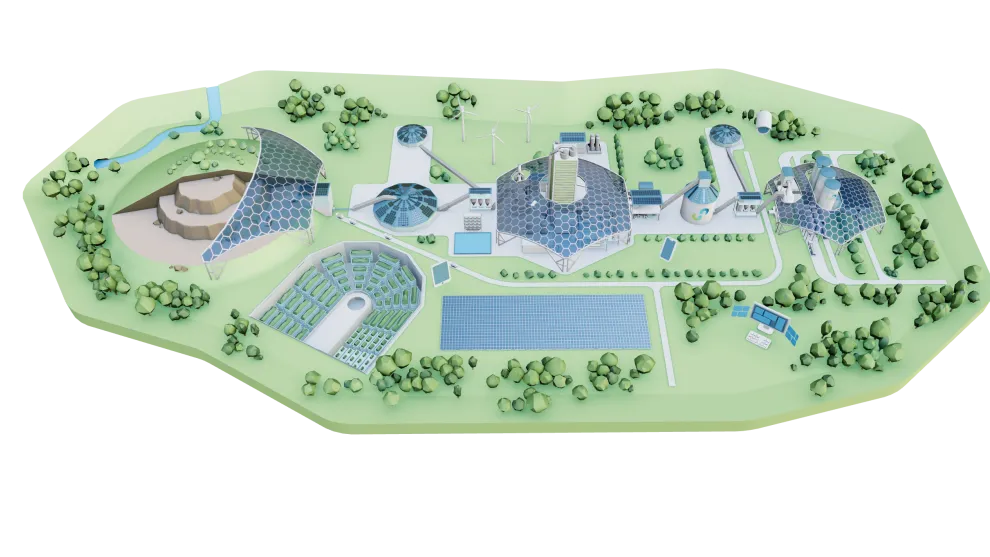
3D model example of a "Smart Operations" plant
Using Artificial Intelligence to improve operations
Many other Plants of Tomorrow projects are ongoing, and one intense area of activity is Artificial Intelligence (AI) enabled predictive maintenance and process systems, which Holcim CEO Miljan Gutovic has described as a “game changer” for our business.
In June 2024, we announced that we will expand and scale use of AI in manufacturing across more than 100 plants worldwide over the next four years, to improve efficiency, quality and safety in production and reinforce capacity for customers.
With AI already deployed at 45 plants globally to predict and prevent failures before they occur, Holcim will deepen and broaden this application to boost operational resilience.
This will involve further roll outs of a state-of-the-art predictive maintenance solution from leading AI platform software provider C3 AI, as well as piloting generative AI to enhance its capabilities.
Using Generative AI on top of our machine learning models for breakdown detection, we can further improve our predictive maintenance capabilities. Operators can answer the questions of what will fail and when, and even prescribe maintenance, with details of why a particular failure occurs and how it can be avoided or mitigated in real-time.
In addition, Holcim is working on several Generative AI bots to drive knowledge sharing and workforce upskilling - to provide, for example, general manufacturing knowledge based on company-wide expertise.





